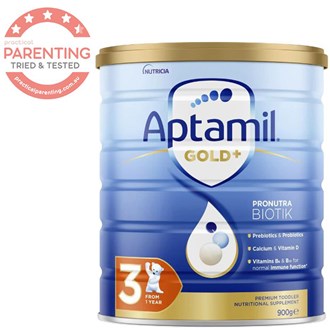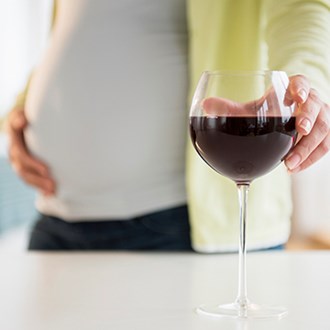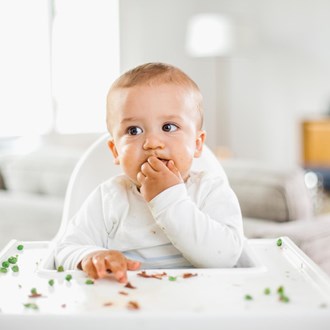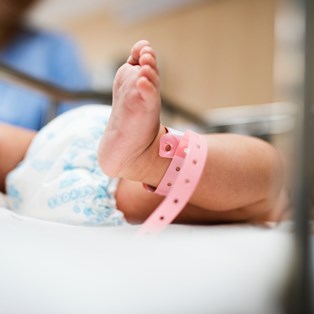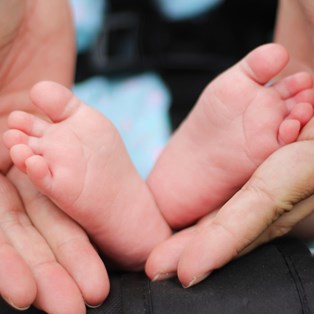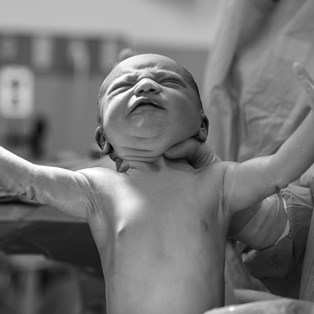What to eat during labour
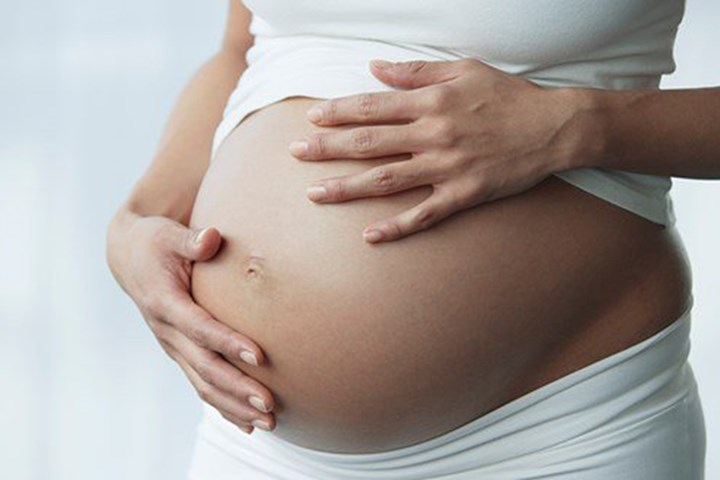
Giving birth requires strength, endurance and quite often snacks!
By Livia Gamble
April 05 2023
Many cultures permit women to eat and drink as they need during labour for nourishment and to assist their bodies in meeting the demands of labour. However, for decades our westernised culture has witnessed the restriction of food and fluid intake for women during labour in case there is a need for a caesarean operation. Recently, this previously accepted practice has been challenged and found to be unwarranted.
Back in the day, eating and drinking in labour was thought to put women at risk if they required a general anaesthetic. The acidic nature of the contents of the stomach liquid was thought to be particularly dangerous if inhaled into the sensitive lungs during the anaesthetic process. These days, however, the general anaesthetic techniques have improved greatly and this reduces the risk of the stomach fluid entering the lungs.
Furthermore, the use of the epidural anaesthetic is far more common. This and the fact that women found it distressing not being able to eat and drink in labour has led to the health profession taking a closer look at the restrictions.
The studies show
Cochrane is an international organisation that reviews health research to assist consumers and health professionals to make informed decisions based on the available evidence from the research. The organisation reviewed studies that looked at the withholding of food and fluids for one group of women compared with a group of women who were permitted to eat and drink as they pleased during labour.
The review concluded that there were no benefits or harm in eating and drinking during labour for women who were unlikely to need a general anaesthetic, stating “there should be no hospital policies that restrict food and fluid in labour nor should hospital guidelines inform women to take in particular foods such as energy drinks”.
Fuel for birth
Labour is often likened to marathon running – an energy- demanding process – and without food and fluids on board you are unlikely to last the distance. If you don’t take in enough nourishment when you are expending energy, then your body begins to feed on its own stores and this may be associated with longer and more painful labour. If, for some unusual reason, you are required to restrict your food and fluid intake in labour you will be given intravenous fluids and ice chips to keep you hydrated (although nowadays this is rare).
Energy needs increase during labour mainly due to the demands of the uterus in maintaining contractions and the activity of the heart. Subsequently, bodily functions like digestion slow down and you may feel nauseous as your body struggles to empty your stomach. If you are feeling nauseous it is wise to be mindful of the sort of food and fluids you do take in.
Snacks appeal
If you are hungry, stick to small frequent meals and light carbohydrate foods such as a low-fat yoghurt or toast, as these are easier to digest and will give you a more consistent release of energy. With regard to drinks, it is best to avoid anything acidic, such as orange juice. Your tastebuds can be very sensitive when you are in labour so often diluted drinks are best. Severe nausea and vomiting in labour can be treated with medication.
Many women feel hungry in early labour so it’s good to know that it is quite safe to have a snack. In the rare event of you requiring a general anaesthetic after snacking, don’t panic. The anaesthetist will ensure you do not have any complications and, as the literature says, fasting during labour doesn’t guarantee that you’ll have an empty stomach anyway.
Not hungry?
Some women do not feel like eating or drinking in labour and others do, so it is advised that all women should be encouraged to eat and drink as they wish. At the end of the day it is best to listen to what your body wants – that’s the safest thing you can do!

